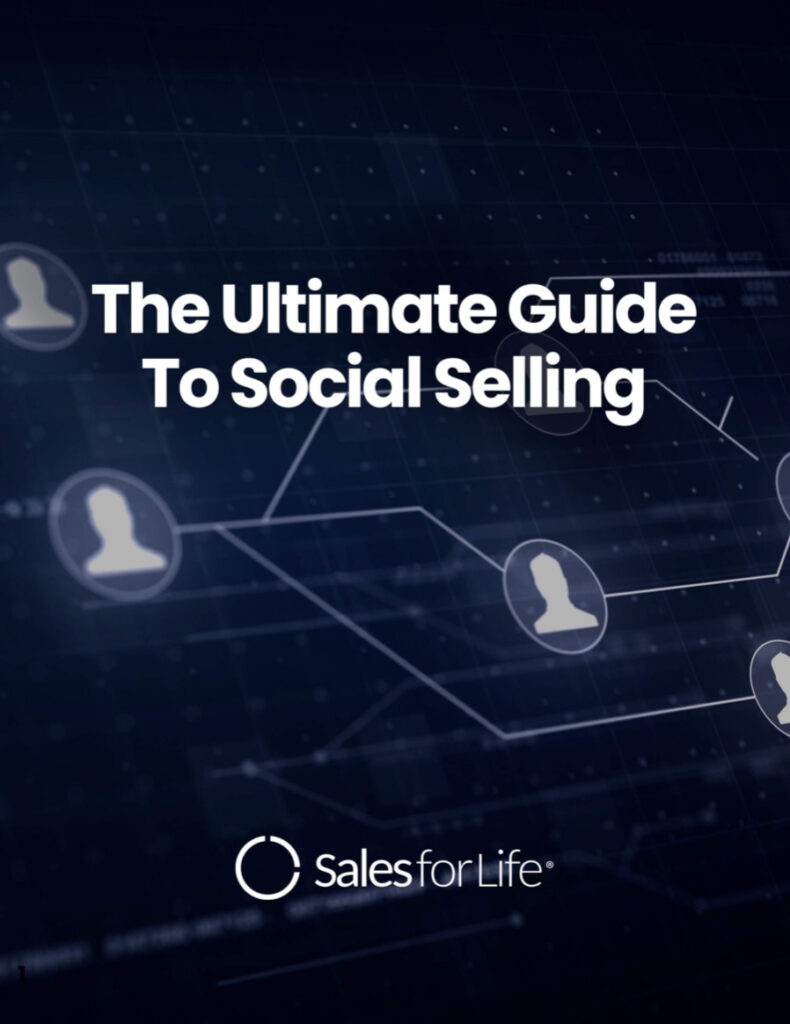America Runs on Dunkin’.
Just Do It.
Think Different.
These slogans, at first glance, have the power to remind you of which brands carry them. That’s the power of emotional, lasting branding.
Brand building is developing a company’s brand or a specific product or service. It is also about growing brand equity. The goal of branding is to connect with customers on an emotional level and build relationships due to the customer identifying with a particular image or reputation.
Branding reflects not only who you are as a company but also what you offer and what value and prestige it carries.
But don’t be fooled – in today’s climate, branding isn’t just for businesses and companies anymore.
As marketing looks to the digital world for innovation and inspiration, professional personal branding has become more critical than ever. And in doing so, brands have become more humanized.

What is Personal Branding?
What exactly is a personal brand?
A personal brand has to be something beyond a username and a handle. It starts with your mindset and grows from there. The goal of your personal brand is to integrate your personality, character, and purpose into one coherent message.
A solid personal brand is vital because it helps individuals to stand out in the crowd. It is used to connect with others and help build a support network. A powerful personal brand allows people to recognize, remember, and refer to you more frequently. It’s like having a shortcut built into your name—an easy way for people to access who you are and the type of value you offer.

How to Fine-Tune Your Personal Brand for Success
#1: Have a Sense of Identity.
It’s hard to stand out as a polished and professional influencer online. Your tone, goals, and message must be clear, concise, and cohesive. Your brand identity establishes trust with followers and clients. Create a clear personal brand identity that represents you personally and professionally.
#2: Where Do You Want to Go?
You can’t be everything to everyone, but if you know your brand and how it can make your business more successful, you can be exactly what people need from someone like you.
When we think about our careers, we tend to focus on the present: what about tomorrow? How does your path fit into the future you want? Do you know what that future looks like?
What if there was a way to see all of this in one place? Understand who you are now and where you want to be tomorrow—and then find out what steps will get you there. That’s exactly what personal branding can do.
#3: Your Audience Matters.
The first step in this process is identifying your target audience. This means that before you even begin writing content for your blog, you should have an idea of who would be interested in reading it.
Who is the audience if you’re working on an article about how to grow a garden from seed? Is it just gardeners? Or is it also people who want to learn more about gardening but aren’t ready yet to commit the time or money?
Who do you want to be seen as? What kind of person are you? How do you want to be seen? The factors that go into answering these questions impact how others see you.
What do you want to say about yourself? Are there certain qualities or skills that are important to showcase? Is there something specific that your audience needs to hear from you?
Who is your target audience? What are their interests, and what do they look for when deciding whether to hire someone? What will make them say “yes”?
Once you know that, you can work toward creating a personal brand that meets their needs and speaks directly to them.
#4: Your Network Can Define You, Too.
Networking is a great way to grow your connections and expand your network of contacts, which can be beneficial for your career. In addition, it allows you to learn about opportunities and share information with others.
Networking can be done in many different ways: at social events, over coffee, or even online through social media sites like LinkedIn or Twitter. You can also connect with people through volunteer groups or online communities focusing on topics that interest you.
Here are some tips for building a robust professional network:
- Be a good listener—take note of what others are saying, and make sure they feel heard
- Be inclusive—invite people into conversations instead of talking over them
- Be genuine—make sure that the relationships you’re forming are genuine and not just surface-level
Don’t take yourself too seriously—it’s okay to joke around once in a while!




